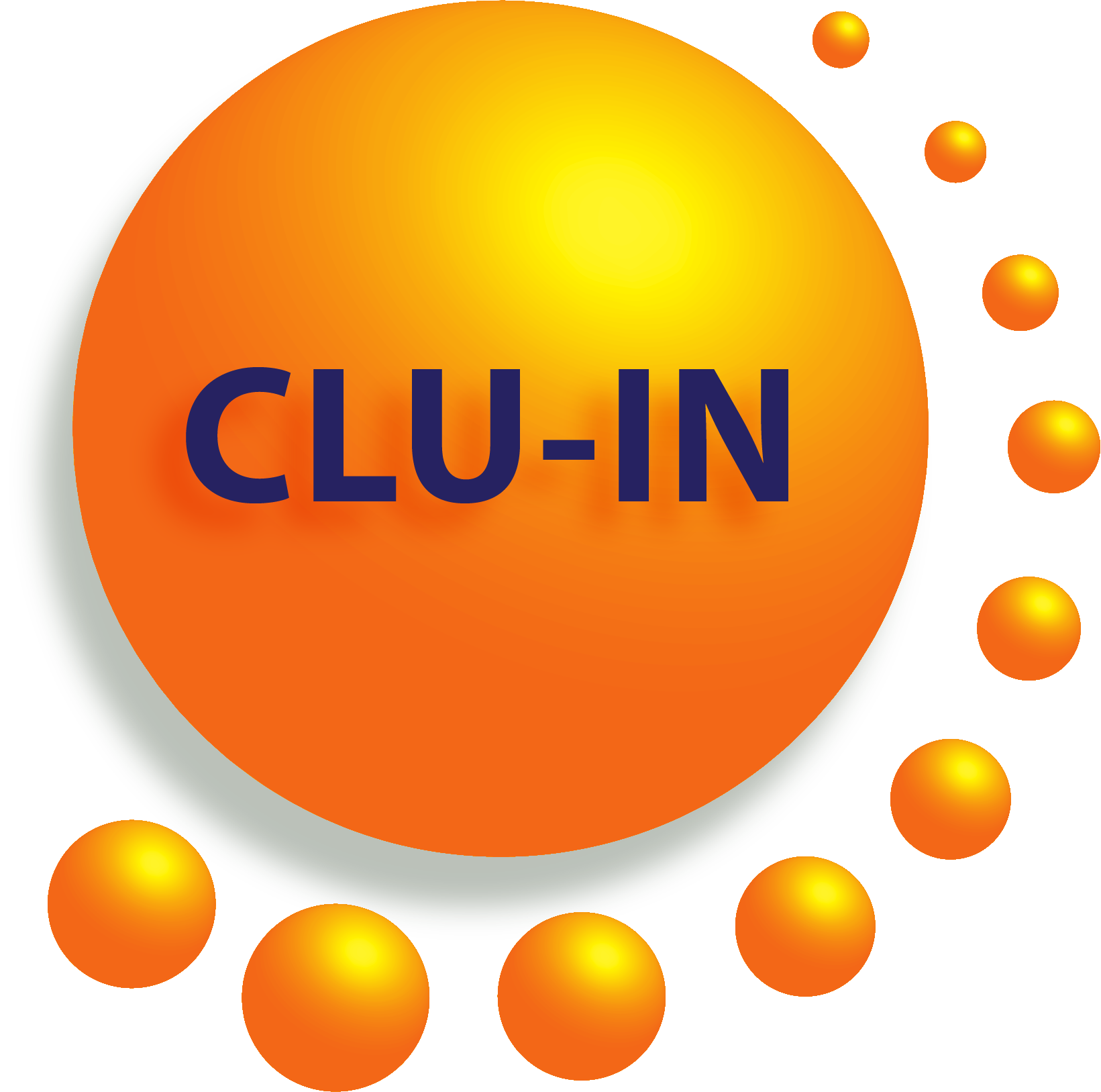Climate Change and Health: Session I - Reducing Exposures and Promoting Resilience
Sponsored by: NIEHS Superfund Research Program
The NIEHS Superfund Research Program (SRP) is hosting a Risk e-Learning webinar series focused on scientific research and tools that can be used to promote health and resilience to climate change.
The series will feature SRP-funded researchers, collaborators, and other subject-matter experts who aim to better understand and address how climate change affects human exposures to hazardous substances and the public health consequences of a changing climate and identify ways to build health resilience.
Building resilience to climate change includes removing hazardous substances from the environment that could be redistributed through climate events, such as flooding and hurricanes. The first session will feature SRP-funded researchers who are developing new strategies to clean-up contaminated water, using plants to mitigate drought, and designing more climate resilient communities. Presenters will discuss approaches to make ecosystems and communities more resilient to changing climatic conditions, such as drought, flooding, and pollution.
SRP Director William Suk, Ph.D., M.P.H., will provide an overview of the series and briefly discuss the rationale and goals of SRP's climate change research activities.
Raina Maier, Ph.D., of the University of Arizona SRP Center, will talk about soil health and the arid microbiome in dryland ecosystems as the climate continues to change. This talk will present results from studies in the Atacama and Sonoran Deserts showing the impact of aridity on the soil microbiome. These results will be put into the context of the role of the microbiome in reclamation of mine wastes generated by hardrock mining in arid regions. Research findings point to the need for nuanced approaches to management and regulation of mine waste reclamation efforts in a warming climate.
Galen Newman, Ph.D., of Texas A&M University SRP Center, will discuss an engagement-based, adaptive and flexible green infrastructure toolkit developed by his team to address the needs of the City of Galena Park, Texas, which has experienced severe flood damage and hazardous substance transferal during flood events. The toolkit, which can be applied based on both on-ground spatial size and underground depth to existing infrastructure, can lessen both flooding and contamination issues to improve public health outcomes.
David Sedlak, Ph.D., of the University of California, Berkeley SRP Center, will provide an overview of new water filtration techniques to ensure that the quality of urban runoff improves during the filtration process. His team developed robust systems that employ inexpensive geomedia that removes contaminants without impeding water flow. They also developed approaches for amending the geomedia with woodchips and other forms of organic carbon to enhance the removal of trace organics, nitrate, and metals through microbial processes. Sedlak will also discuss other approaches that can be used to enhance contaminant removal during the infiltration process.
This webinar is the first in a three-part series, please visit the pages for Session II and Session III to register and learn more.
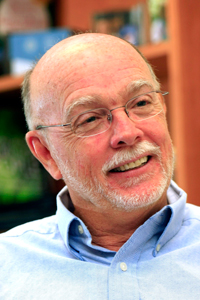 William Suk, Ph.D., M.P.H., Superfund Research Program, National Institute of Environmental Health Sciences (suk@niehs.nih.gov or 984-287-3325)
William Suk, Ph.D., M.P.H., Superfund Research Program, National Institute of Environmental Health Sciences (suk@niehs.nih.gov or 984-287-3325)
William Suk, Ph.D., M.P.H., is director of both the Superfund Research Program (SRP) and the Hazardous Substances Research Branch in the NIEHS Division of Extramural Research and Training. Suk has served as director of the SRP, a program established by Congress as part of the reauthorization of Superfund in 1986, since its inception. The SRP fosters interdisciplinary research approaches to address the problems associated with potentially hazardous environmental exposures. His affiliation with a number of organizations and committees include: Roundtable on Environmental Health Sciences, Research, and Medicine, Institute of Medicine, National Academy of Sciences; International Advisory Board of the Chulabhorn Research Institute, Bangkok, Thailand; and World Health Organization Consultation on Scientific Principles and Methodologies for Assessing Health Risks in Children Associated with Chemical Exposures. He is also a member of a number of trans-NIH committees. He received his Ph.D. in microbiology from the George Washington University Medical School, and his master's in public health in health policy from School of Public Health at the University of North Carolina at Chapel Hill.
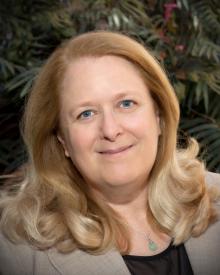 Raina Maier, Ph.D., University of Arizona (rmaier@ag.arizona.edu or 520-621-7231)
Raina Maier, Ph.D., University of Arizona (rmaier@ag.arizona.edu or 520-621-7231)
Raina Maier, Ph.D., is an environmental microbiologist in the Department of Environmental Science at the University of Arizona. Her research program focuses on understanding how we can exploit microbes and their activities and products to benefit human health and the environment. She is known for her work on the relationships between microbial diversity and ecosystem function in arid and semi-arid environments with a focus on mine tailings and desert soils. Dr. Maier serves as the Director of the University of Arizona NIEHS Superfund Research Center which seeks to understand the health impacts and advance innovative solutions for remediation of mine waste sites. Related to mining, her group's innovative work on establishing vegetative caps on mine waste is changing the way we think about and evaluate the revegetation process.
 Galen Newman, Ph.D., Texas A&M University (gnewman@arch.tamu.edu)
Galen Newman, Ph.D., Texas A&M University (gnewman@arch.tamu.edu)
Galen Newman, Ph.D., is Professor and Head of the Department of Landscape Architecture and Urban Planning at Texas A&M University (TAMU). He is also the Nicole and Kevin Youngblood Endowed Professor in Residential Land Development and former Director of the Center for Housing and Urban Development. Dr. Newman's research interests include urban resilience, community engagement, green infrastructure, build environment performance modeling, and advances information visualization techniques. He is PI of the TAMU Superfund Center's Community Engagement Core and Co-I of the Risk and Geospatial Sciences Core.
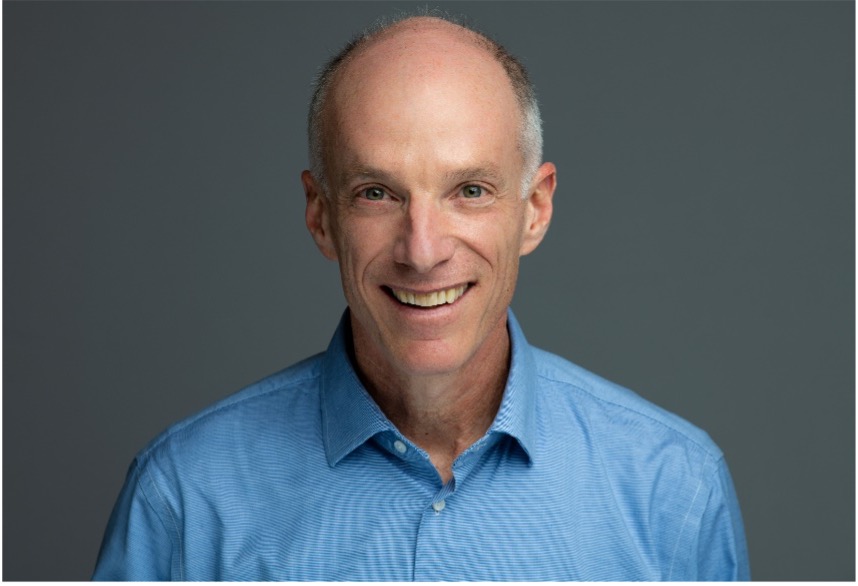 David Sedlak, Ph.D., University of California (UC), Berkeley (sedlak@berkeley.edu)
David Sedlak, Ph.D., University of California (UC), Berkeley (sedlak@berkeley.edu)
David Sedlak, Ph.D., is the Plato Malozemoff Professor in the Department of Civil & Environmental Engineering at UC Berkeley where he is the Co-Director of the Berkeley Water Center and an investigator in UC Berkeley’s Superfund Research Program. Sedlak is a member of the National Academy of Engineering and recipient of numerous awards including the Paul Busch Award for Innovation in Applied Water Quality Research and the Clarke Prize for Excellence in Water Research. He is also the author of "Water 4.0: The Past, Present and Future of the World’s Most Vital Resource".
Moderators:
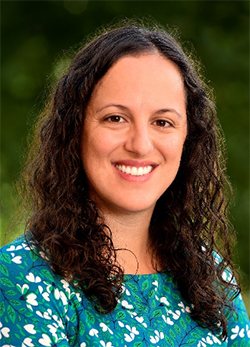 Sara Amolegbe, Health Specialist, Superfund Research Program, National Institute of Environmental Health Sciences (sara.amolegbe@nih.gov or 984-287-4934)
Sara Amolegbe, Health Specialist, Superfund Research Program, National Institute of Environmental Health Sciences (sara.amolegbe@nih.gov or 984-287-4934)
Sara Amolegbe, M.S.P.H., is a health specialist with the Superfund Research Program (SRP) in the Hazardous Substances Research Branch in the NIEHS Division of Extramural Research and Training. She came to NIEHS in August 2020 with 8 years of experience in environmental health communications as well as training and experience in environmental health research and project management. She has a Bachelor of Science in environmental health and a Master of Science in Public Health in environmental sciences and engineering from the University of North Carolina at Chapel Hill.
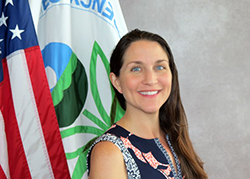 Jean Balent, U.S. EPA Technology Innovation and Field Services Division (balent.jean@epa.gov or 202-566-0832)
Jean Balent, U.S. EPA Technology Innovation and Field Services Division (balent.jean@epa.gov or 202-566-0832)
Ms Balent is on the staff of the EPA's Technology Innovation and Field Services Division where she has worked to collect and disseminate hazardous waste remediation and characterization information since 2003. Ms Balent manages the Clean Up Information Network website and actively supports online communication and collaboration resources available to EPA. She formerly worked with the US Army Corps of Engineers Environmental Engineering Division in the Buffalo District. Ms Balent was also a member of the SUNY-Buffalo Groundwater Research Group where she constructed and tested large scale models of groundwater flow. Ms Balent has also conducted research relating to the Great Lakes, environmental remediation, and brownfields re-development. She holds a Bachelor's degree in environmental engineering from SUNY-Buffalo and a Master's degree in Information Technology from AIU.
-
 Slide Presentation for William Suk, NIEHS Superfund Research Program (1.65MB/PDF)
Slide Presentation for William Suk, NIEHS Superfund Research Program (1.65MB/PDF)
-
 Slide Presentation for Raina Maier, University of Arizona (7.63MB/PDF)
Slide Presentation for Raina Maier, University of Arizona (7.63MB/PDF)
-
 Slide Presentation for Galen Newman, Texas A&M University (13.8MB/PDF)
Slide Presentation for Galen Newman, Texas A&M University (13.8MB/PDF)
-
 Slide Presentation for David Sedlak, University of California Berkeley (3.86MB/PDF)
Slide Presentation for David Sedlak, University of California Berkeley (3.86MB/PDF)
Webinar Slides and References:
-
 Slide Presentation for William Suk, NIEHS Superfund Research Program (1.65MB/PDF)
Slide Presentation for William Suk, NIEHS Superfund Research Program (1.65MB/PDF)
-
 Slide Presentation for Raina Maier, University of Arizona (7.63MB/PDF)
Slide Presentation for Raina Maier, University of Arizona (7.63MB/PDF)
-
 Slide Presentation for Galen Newman, Texas A&M University (13.8MB/PDF)
Slide Presentation for Galen Newman, Texas A&M University (13.8MB/PDF)
-
 Slide Presentation for David Sedlak, University of California Berkeley (3.86MB/PDF)
Slide Presentation for David Sedlak, University of California Berkeley (3.86MB/PDF)
Additional Resources:
- Visit the NIEHS Superfund Research Program (SRP) Risk e-Learning page to learn more about this webinar series.
- Email srpinfo@mail.nih.gov to be added to the SRP Risk e-Learning listserv.
- SRP December 2021 Science Digest on Climate Change
- Heather Henry, FRTR Fall 2021: Remedy Protectiveness and Climate Resilience in Site Cleanups
Thank you for participating in our webinar. We would like to receive any feedback you might have that would make this service more valuable.
Help & FAQs
- Frequently Asked Questions
- Content Questions?
Call Mali Velasco Delgado at 919-794-4708 or mali.velascodelgado@nih.gov - Technical Problems?
Leave us a comment - Cancel Your Registration
- My Participation Records
- CEU Credits and PDHs
Zoom Resources
This seminar will be delivered through Zoom. Participants are encouraged to update to the latest version of the Zoom application for the best experience. If you are unable to install the Zoom application, most functions will be available if you join just using a modern web browser such as Chrome, Edge or Firefox. We strongly encourage you to run the Zoom Meeting Test prior to attending this seminar. Technical support on the day of the seminar will be very limited and subject to significant delays.
Rehabilitation Act Notice for Reasonable Accommodation
It is EPA's policy to make reasonable accommodation to persons with disabilities wishing to participate in the agency's programs and activities, pursuant to the Rehabilitation Act of 1973, 29 U.S.C. 791. Any request for accommodation should be made to at or , preferably one week or more in advance of the seminar, so that EPA will have sufficient time to process the request. EPA would welcome specific recommendations from requestors specifying the nature or type of accommodation needed. EPA welcomes specific recommendations from requestors specifying the nature or type of accommodation needed. Please note that CLU-IN provides both alternate phone call-in options and closed captioning for all webinars, and requests for these specific accommodations are not necessary.
Rehabilitation Act Notice for Reasonable Accommodation
It is EPA's policy to make reasonable accommodation to persons with disabilities wishing to participate in the agency's programs and activities, pursuant to the Rehabilitation Act of 1973, 29 U.S.C. 791. Any request for accommodation should be made to at or , preferably one week or more in advance of the webinar, so that EPA will have sufficient time to process the request. EPA would welcome specific recommendations from requestors specifying the nature or type of accommodation needed. EPA welcomes specific recommendations from requestors specifying the nature or type of accommodation needed. Please note that CLU-IN provides both alternate phone call-in options and closed captioning for all webinars, and requests for these specific accommodations are not necessary.
Webinar Recording
By participating in this CLU-IN webinar, you automatically agree to authorize recording of audio and visual content presented during this live event and consent to subsequent use of this recording in the public domain by the U.S. Environmental Protection Agency. This recording may include questions, comments and poll responses provided by you during the live event in addition to your name, voice, image or likeness. This recording will be made available after the conclusion of the live event as part of the CLU-IN webinar archives, and will remain available indefinitely. If you do not wish to consent to the recording, please do not join the live event, and contact Jean Balent at 202-566-0832 or balent.jean@epa.gov to discuss your concerns.
Content Disclaimer
This webinar is intended solely to provide information to the public. The views and opinions expressed as part of this webinar do not necessarily state or reflect those of the U.S. Environmental Protection Agency. It is not intended, nor can it be relied upon, to create any rights enforceable by any party in litigation with the United States, or to endorse the use of products or services provided by specific vendors. With respect to this webinar, neither the United States Government nor any of their employees, makes any warranty, express or implied, including the warranties of merchantability and fitness for a particular purpose, or assumes any legal liability or responsibility for the accuracy, completeness, or usefulness of any information, apparatus, product, or process disclosed, or represents that its use would not infringe privately owned rights.

